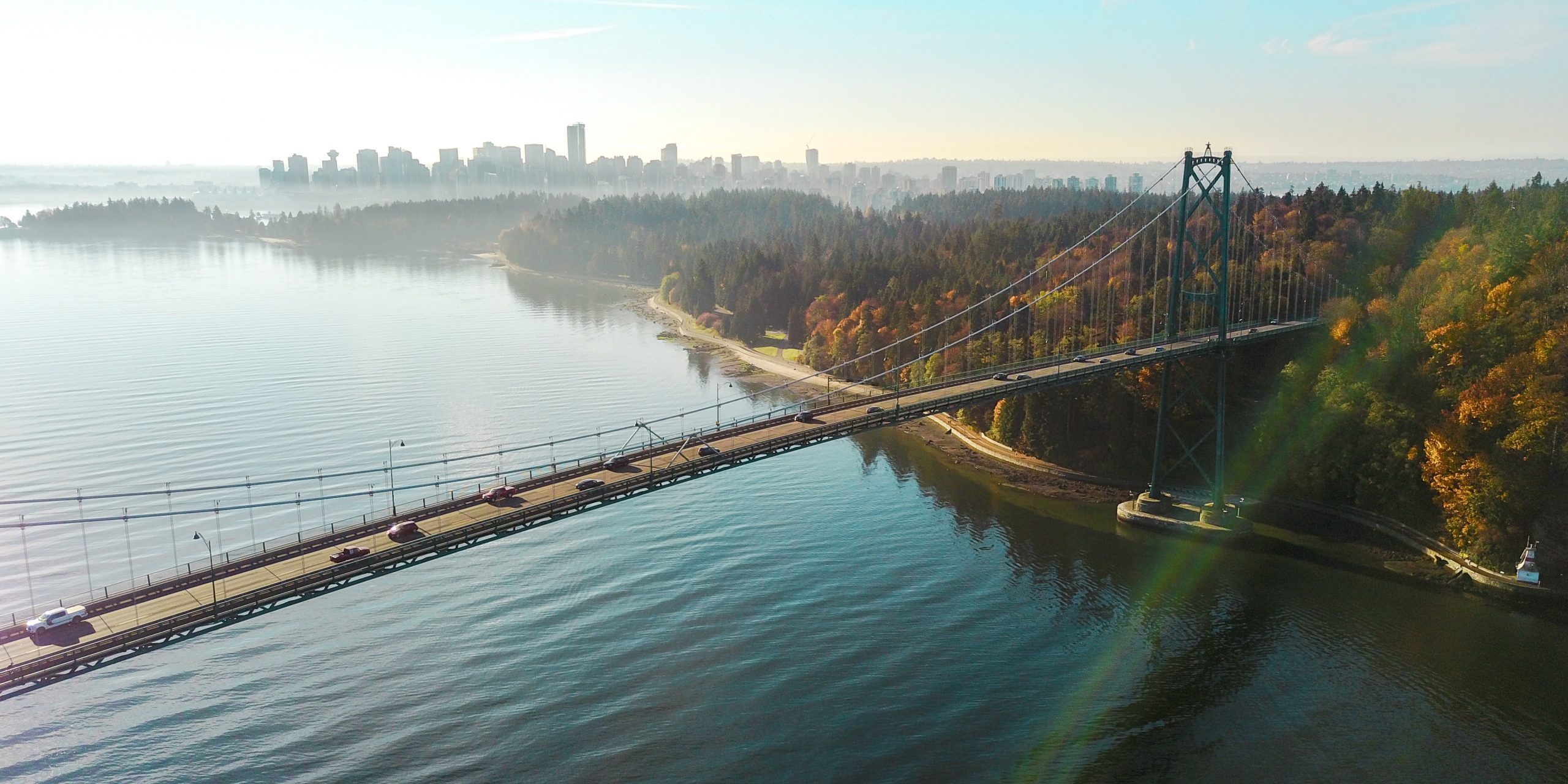The Minister of Natural Resources Jonathan Wilkinson announced that approximately 60 projects have been selected to receive funding under the Government of Canada’s $1.5-billion Clean Fuels Fund (CFF). With one of the world’s most comprehensive and detailed climate plans, a wealth of natural resources and a skilled workforce, Canada is establishing itself as a global supplier of choice for clean energy in a net-zero world.
These projects include production facilities, as well as feasibility and front-end engineering and design studies, spanning seven jurisdictions and covering five different fuel types, such as CNG and hydrogen. The federal government is undertaking negotiations to finalize the terms of funding for each project, and the total federal investment in these projects will be up to $800 million.
Minister Wilkinson also highlighted a combined investment of more than $8.8 million to six organizations for 10 hydrogen and natural gas refueling stations to help accelerate the decarbonization of road transportation. Federal funding for these projects was provided through Natural Resources Canada’s Zero-Emission Vehicle Infrastructure Program (ZEVIP) and the Electric Vehicle and Alternative Fuel Infrastructure Deployment (EVAFIDI).
The funding under ZEVIP and EVAFIDI includes:
– $3 million to HTEC to install three hydrogen stations in British Columbia
– Over, $2.2 million to FortisBC Energy Inc. to build three natural gas stations in Delta, Kelowna and Abbotsford, British Columbia
– $1 million to the University of British Columbia to install one hydrogen station in Vancouver, British Columbia
– $1 million to Carlsun Energy Solutions Inc. to build one hydrogen station in Ontario
– $1 million to Tomlinson Environmental Services Ltd. to install one natural gas station in Ottawa, Ontario
– $647,000 to the County of Vermilion River to build one natural gas station in Kitscoty, Alberta
“Expanding the hydrogen refueling station network is critical for the widespread adoption of hydrogen electric transportation. As the first company that built this network in Canada, we know that scaling up requires immense support from both the government and industry. This funding support will meaningfully advance our work toward opening many more stations across the province and building the team needed to deliver hydrogen solutions,” said Colin Armstrong, President and CEO, HTEC.
“Transportation is one of the largest sources of GHG emissions, both provincially and nationally, so investing in lower-carbon transportation infrastructure is key to meeting our GHG emission reduction goals. Natural gas offers a proven alternative to heavy-carbon fuels that can help reduce emissions from the transportation sector today, especially in heavy-duty vehicles and marine applications. As we continue to add more renewable and low-carbon gases, like renewable natural gas and hydrogen, these alternative fuels can progressively decarbonize transportation along with our system as a whole,” commented Roger Dall’Antonia, President and CEO, FortisBC Energy Inc.
“The Tomlinson Family continually evaluates the use of new technologies to move our businesses forward. Our investment in a CNG station has had an immediate impact on the carbon footprint of our services and is just the first step of our carbon emissions reduction plan that will see us build on our legacy of landfill diversion by converting waste streams to lower carbon intensity fuels like renewable natural gas and other products as technology evolves. Tomlinson’s new CNG station represents a major addition to Ottawa’s alternative fuels infrastructure, and we look forward to welcoming fleets that share our vision of long-term environmental sustainability to refuel at our station,” explained Ron Tomlinson, CEO, Tomlinson Environmental Services Ltd.
“Natural gas vehicles will be instrumental in meeting emission reduction targets while maintaining our ability to provide goods and services across Canada’s vast geography and harsh climate. Located on a major Western Canadian transportation corridor, the County of Vermilion River – CNG Refueling Station is a key component in development of a CNG refueling network across Canada,” added Louis Genest, Director, County of Vermilion River – Gas Utility.
Source: Natural Resources Canada








